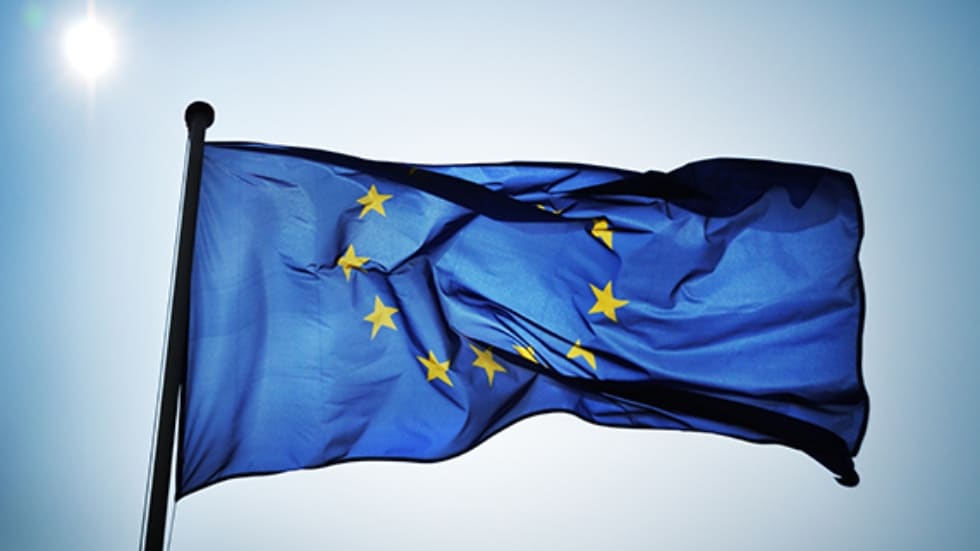The European Union has agreed to redefine sanctions on some Russian exports to make it easier for poorer nations to import Russia’s fertilizer products. While a group of Western states say the amended policy will help to ease a growing food crisis in Africa, Kiev was outraged at the EU for taking any steps that could even slightly ease the economic war on Moscow.
The tight blockade on Russian agricultural exports has opened a rift between EU members, with several Western European countries arguing that the sanctions are fueling hunger in the third world while pushing to alter the existing policy. However, Poland led a bloc of nations in Eastern Europe which insisted the penalties must continue, calling to keep up maximum pressure on Russia’s economy.
The two sides reached a compromise by modifying the language of the sanctions to clarify that third countries are permitted to import Russian fertilizer, according to Politico, which noted the agreement will take effect on Friday if it faces no opposition from other EU members. The decision made Ukrainian officials irate, with Foreign Minister Dmytro Kuleba later condemning the move on Twitter.
“Attempts to allow Russian oligarchs and companies to derogate from the already imposed EU sanctions deal a blow to the entire sanctions regime, undermine support for Ukraine & our joint effort to stop Putin’s war machine. We strongly oppose them & thank EU members who do so too,” he wrote.
While the EU sanctions do not specifically target Moscow’s fertilizer exports, the blacklisting of several Russian businessmen – as well as the overall legal uncertainty created by the economic war – have complicated purchases of Russian agricultural products.
Similar difficulties often crop up in other countries heavily sanctioned by the US and its allies, driving many businesses to ‘over-comply’ with penalties out of fears they will run afoul of Western governments, even when they make explicit exemptions for transactions involving food and medicine.
The war in Ukraine and related sanctions have placed significant strains on the global food distribution system, as both Russia and Ukraine are major exporters of grain and fertilizer. A number of developing nations rely on those goods, with Egypt, Iran, Turkey and Bangladesh purchasing around 60% of their wheat from the two countries each year, while Ghana imports some 40% of its fertilizer from Russia. Shortages and rising prices have helped to drive food insecurity across Africa, where more than 145 million people are currently going hungry, according to a recent estimate by the Red Cross.







